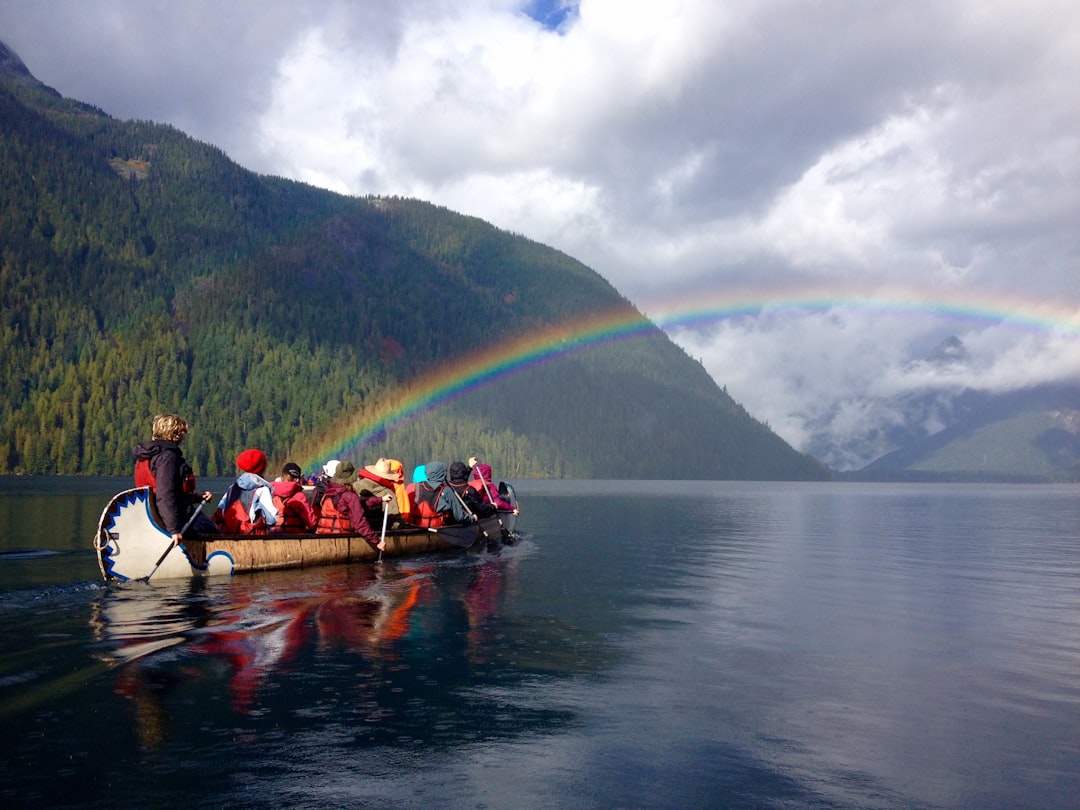
Where I’m from there is a deep pride in our rivers and waterways. Stó꞉lō is the Halqemeylem word for "river", and as such we are the people of the river. We hold this as a symbol of pride, and for good reason. When I look at the Fraser from Chilliwack mountain, I see so many different ecosystems that are reliant on the r…
Keep reading with a 7-day free trial
Subscribe to Nuanced. to keep reading this post and get 7 days of free access to the full post archives.


